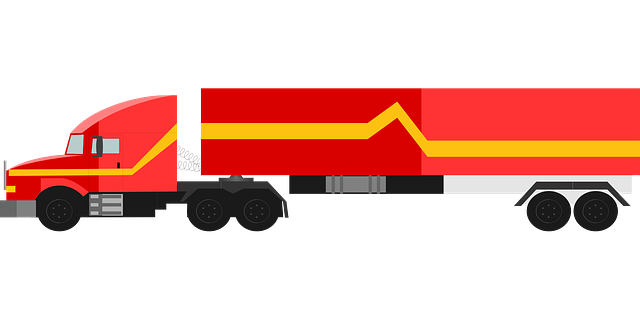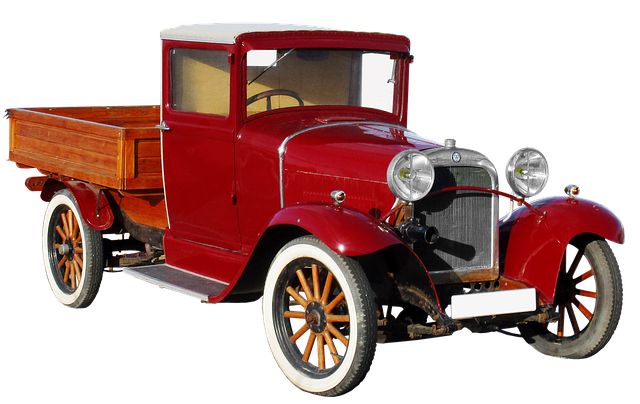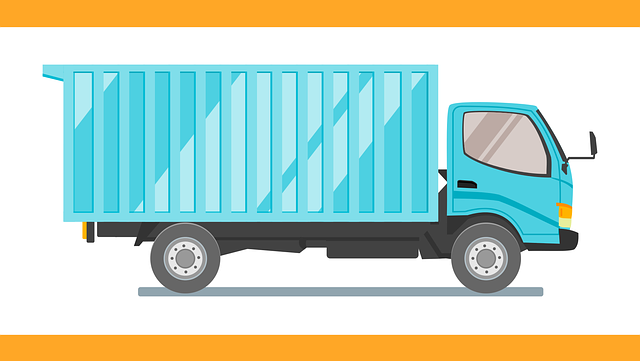New trucking operations face unique risks, such as mechanical failures, cargo damage, and driver safety concerns. To mitigate these, they should opt for tailored insurance policies including comprehensive liability, cargo, physical damage, and worker's compensation coverages. Specialized programs like fleet safety and roadside assistance further enhance protection. Consulting insurance professionals specializing in the trucking sector is crucial to navigate policies, understand regulatory requirements, and ensure adequate financial protection against losses and liabilities. The 'best coverage' for new businesses involves balancing specific operational needs, affordability, and comprehensive protection for optimal risk management and premium rates.
Launching a new trucking operation comes with unique risks that demand tailored insurance strategies. This comprehensive guide navigates the challenges of insuring your trucking business, from understanding specific perils like cargo damage, driver safety, and regulatory compliance to identifying essential coverage needs. We explore liability options, cost-saving strategies, and expert tips for securing the best coverage for new trucking businesses.
Understanding the Unique Risks of Trucking Operations

In the dynamic landscape of trucking, new operations face distinct challenges that demand tailored insurance solutions. Unlike traditional businesses, trucking enterprises are exposed to unique risks, from mechanical failures on the road to cargo damage and driver safety concerns. These unpredictable variables necessitate a comprehensive understanding of the industry’s intricacies for insurers. Identifying potential hazards is the first step in determining the best coverage for new trucking businesses to navigate these treacherous waters successfully.
One of the primary risks involves the high cost of repairs and replacement parts, especially in the event of accidents or severe weather conditions. Additionally, cargo loss or damage during transit can result in significant financial losses for shippers and carriers alike. Insurers must consider these factors when crafting policies that offer adequate protection against such perils. The goal is to provide new trucking businesses with the most suitable coverage, ensuring they are prepared to face unexpected challenges head-on while maintaining operational efficiency.
Essential Coverage Needs for New Trucking Businesses

Starting a new trucking operation comes with unique challenges, especially when it comes to insurance. Among the many considerations, identifying and securing the best coverage is paramount. New trucking businesses need comprehensive insurance that protects them from a wide range of potential risks. This includes liability coverage to safeguard against accidents and damages, as well as cargo insurance to protect the goods being transported. Additionally, physical damage coverage is essential for trucks and other equipment, while employees require worker’s compensation insurance to mitigate risks associated with on-the-job injuries.
Beyond these core needs, new trucking operations may benefit from specialized coverages like fleet safety programs and roadside assistance. These additional layers of protection can help prevent costly downtime and ensure smooth operations. When seeking the best coverage for a new trucking business, it’s crucial to consult with insurance professionals who understand the unique risks and regulatory requirements in this sector. They can tailor policies to meet specific needs, ensuring that the operation is adequately protected from financial losses and legal liabilities.
Navigating Liability and Insurance Options

Navigating the liability and insurance landscape can be a complex task for any new business, but particularly so in the dynamic world of trucking. With significant financial assets on the line, the best coverage for new trucking businesses is one that offers comprehensive protection against a wide range of potential risks. This includes not just damage to vehicles and cargo, but also liability towards third parties, including drivers, passengers, and other road users.
Understanding the various insurance options available, such as commercial auto insurance, general liability insurance, and workers’ compensation, is crucial. Each plays a distinct role in safeguarding against different threats. For instance, commercial auto insurance covers losses related to the operation of trucks, while general liability insurance protects against claims arising from accidents or injuries on premises controlled by the trucking business. Tailoring these policies to fit specific operational needs ensures that new trucking operations secure the best coverage, striking a balance between affordability and adequate protection.
Strategies for Optimizing Insurance Costs and Protection

New trucking operations face a unique set of challenges when it comes to insurance, but with the right strategies, they can optimize both costs and protection. One key approach is to secure comprehensive insurance packages tailored to their specific needs. This involves evaluating the type of trucks, cargo carried, driving hours, and geographic areas operated in to identify potential risks. By choosing policies that offer the best coverage for these aspects, new trucking businesses can mitigate financial losses from accidents or damages.
Additionally, maintaining a strong safety record is invaluable. Implement robust driver training programs and adherence to strict safety protocols to reduce claims. Insurers often reward safe driving histories with lower premiums. Regularly reviewing and comparing insurance options in the market is also beneficial. As the trucking industry evolves, so do insurance plans; staying updated ensures new trucking operations secure the most suitable coverage at competitive rates.
When establishing a new trucking operation, navigating the complex insurance landscape is crucial. By understanding the unique risks involved, selecting the essential coverage needs, and strategically optimizing costs, new businesses can ensure they have the best protection in place. Remember that the right insurance options can safeguard your investment, mitigate liability, and foster sustainable growth in this competitive industry.
